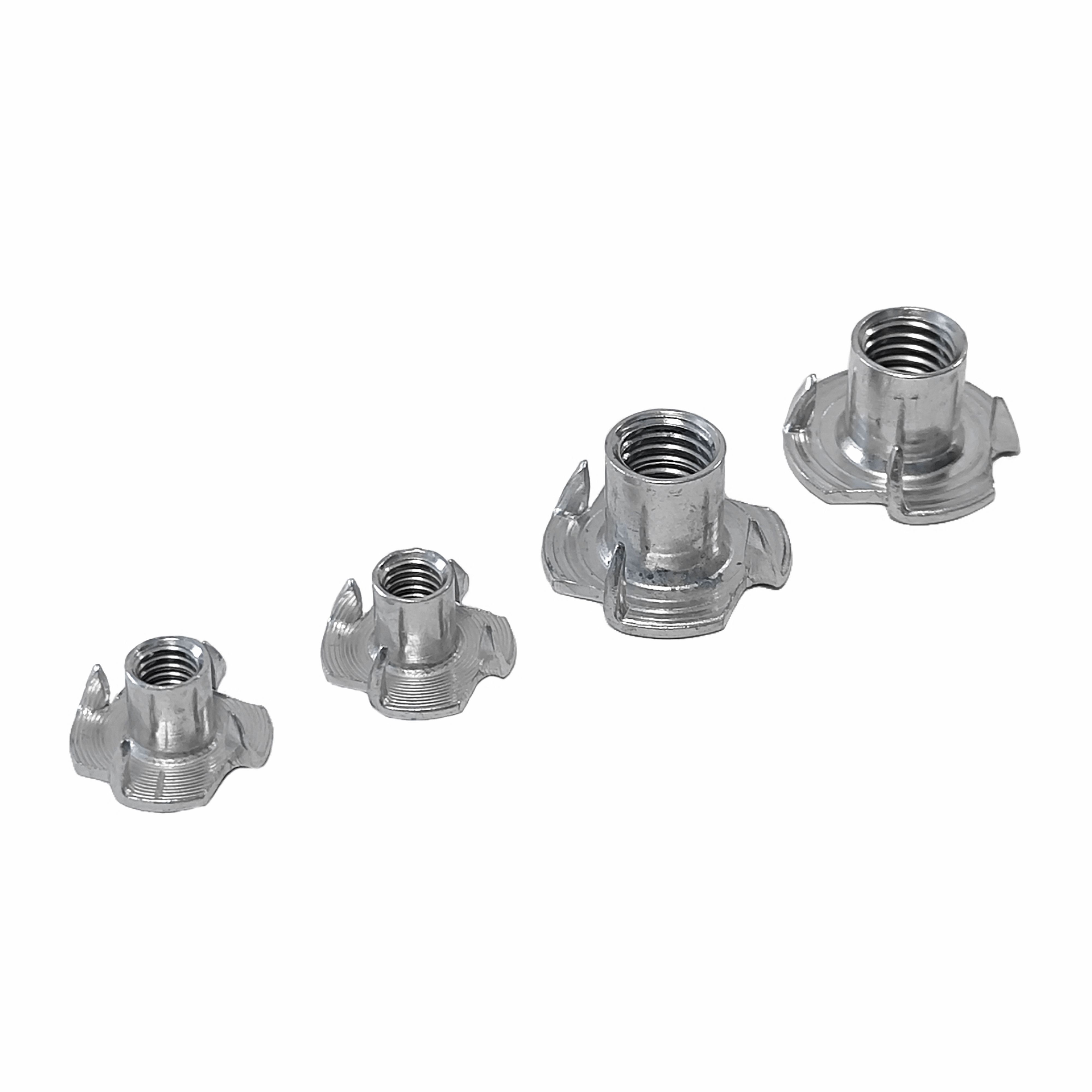

High-Quality M8 Stud Bolts for Reliable Fastening Solutions in Various Applications
Jul . 29, 2024 23:36 Back to list
High-Quality M8 Stud Bolts for Reliable Fastening Solutions in Various Applications
Understanding the M8 Stud Bolt An Essential Component for Various Applications
In the realm of mechanical engineering and construction, fasteners play a crucial role in ensuring the integrity and stability of structures. Among these fasteners, the M8 stud bolt stands out due to its versatility and strength. This article delves into the characteristics, applications, and advantages of M8 stud bolts, providing insights into why they are a preferred choice for many industries.
What is an M8 Stud Bolt?
The M in M8 refers to the metric system, indicating that the bolt follows standard metric dimensions. The number 8 signifies the nominal diameter of the bolt, which is 8 millimeters. Stud bolts are essentially threaded rods that have no head and are designed to be used with nuts at both ends. This design allows for a more efficient fastening method, especially in applications where space is constrained.
M8 stud bolts typically follow a specific thread pitch, commonly 1.25 mm for standard applications. The sizes can vary, but M8 threads generally are used in conjunction with materials that require secure fastening capabilities, such as metal, plastic, and wood. They are available in various materials, including carbon steel, stainless steel, and alloy steel, each catering to different environmental and strength requirements.
Applications of M8 Stud Bolts
The application of M8 stud bolts is extensive, spanning multiple industries. Here are a few key areas where they are commonly used
1. Automotive Industry M8 stud bolts are extensively utilized in vehicles, from securing the engine components to suspension systems. Their strength and resistance to vibration make them ideal for high-performance automotive applications.
2. Construction and Building In construction, M8 stud bolts serve as critical components for fastening structural elements, such as beams and columns. They are often used in concrete applications, where their ability to withstand high tension is essential.
3. Machinery and Equipment Many machines rely on M8 stud bolts to assemble various parts securely, ensuring that they function correctly under operational loads. Their resilience to wear and corrosion makes them suitable for heavy machinery.
stud bolt m8

4. Electronics In the electronics industry, M8 stud bolts can be employed to fasten components within enclosures, ensuring that devices remain tamper-proof and secure.
Advantages of Using M8 Stud Bolts
There are several advantages to using M8 stud bolts over other types of fastening solutions
- High Tensile Strength M8 stud bolts are designed to bear substantial loads, making them suitable for high-stress applications.
- Ease of Installation Without heads, stud bolts can be installed in tight spaces, and they allow for easier adjustments once in place.
- Corrosion Resistance When made from stainless steel, M8 stud bolts exhibit excellent resistance to rust and corrosion, ensuring longevity in various environments.
- Versatility The M8 size lends itself well to a broad range of applications, making them a go-to choice for engineers and contractors alike.
Conclusion
M8 stud bolts are an integral part of modern engineering and construction practices. Their robustness, adaptability, and ease of use make them an essential component in various applications. Whether you are involved in automotive manufacturing, building infrastructure, or designing machinery, understanding the significance of M8 stud bolts can enhance your fastening solutions. As industries continue to evolve, the demand for reliable and sturdy fasteners like M8 stud bolts will undoubtedly persist, underscoring their importance in ensuring structural integrity and safety.
Latest news
-
Hot Dip Galvanized Bolts-About LongZe|High Strength, Corrosion Resistance
NewsJul.30,2025
-
High-Strength Hot Dip Galvanized Bolts - Hebei Longze | Corrosion Resistance, Customization
NewsJul.30,2025
-
Hot Dip Galvanized Bolts-Hebei Longze|Corrosion Resistance&High Strength
NewsJul.30,2025
-
High-Strength Hot-Dip Galvanized Bolts-Hebei Longze|Corrosion Resistance&High Strength
NewsJul.30,2025
-
Hot Dip Galvanized Bolts-Hebei Longze|Corrosion Resistance&High Strength
NewsJul.30,2025
-
Hot Dip Galvanized Bolts - Hebei Longze | Corrosion Resistance, High Strength
NewsJul.30,2025

